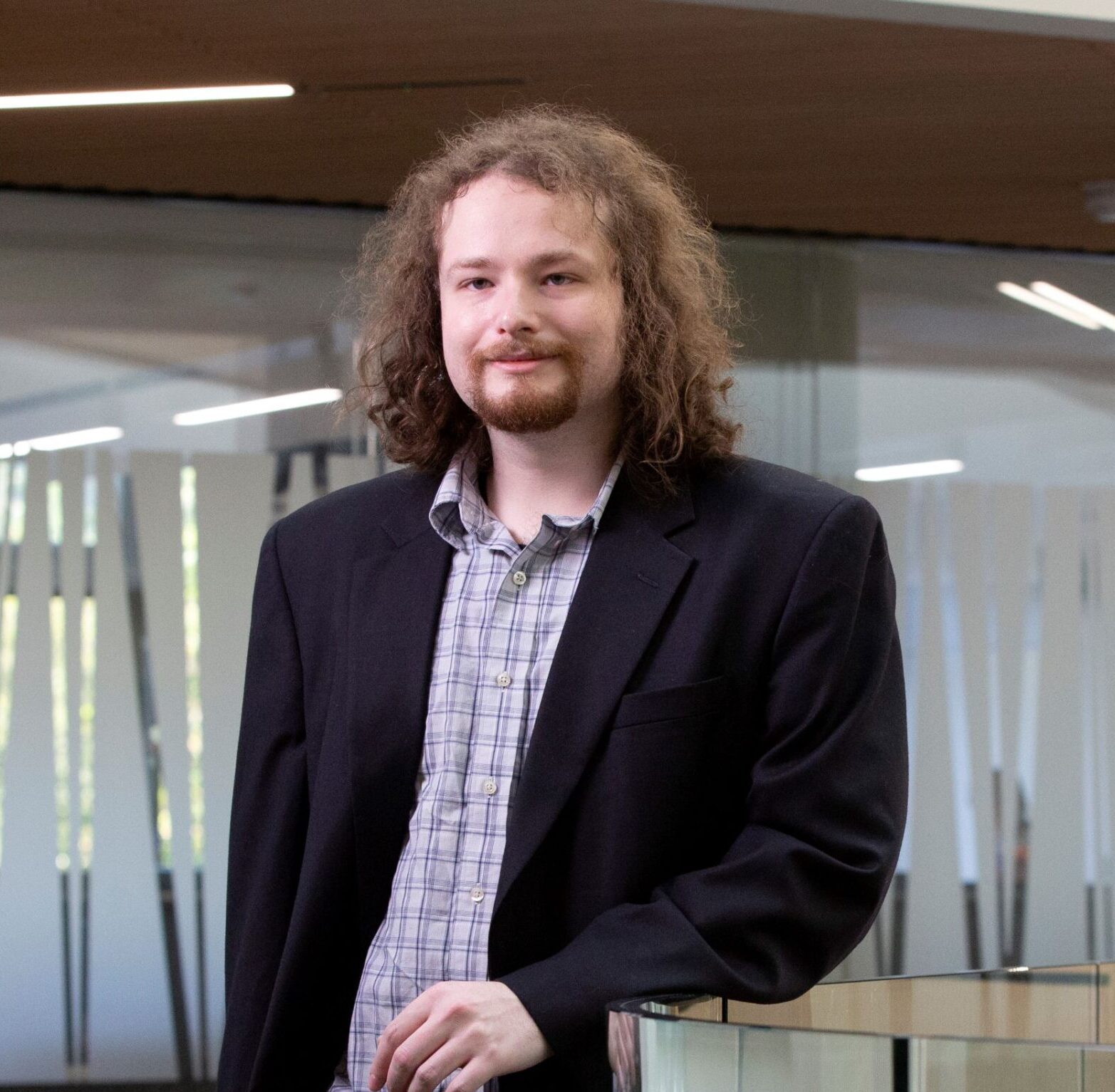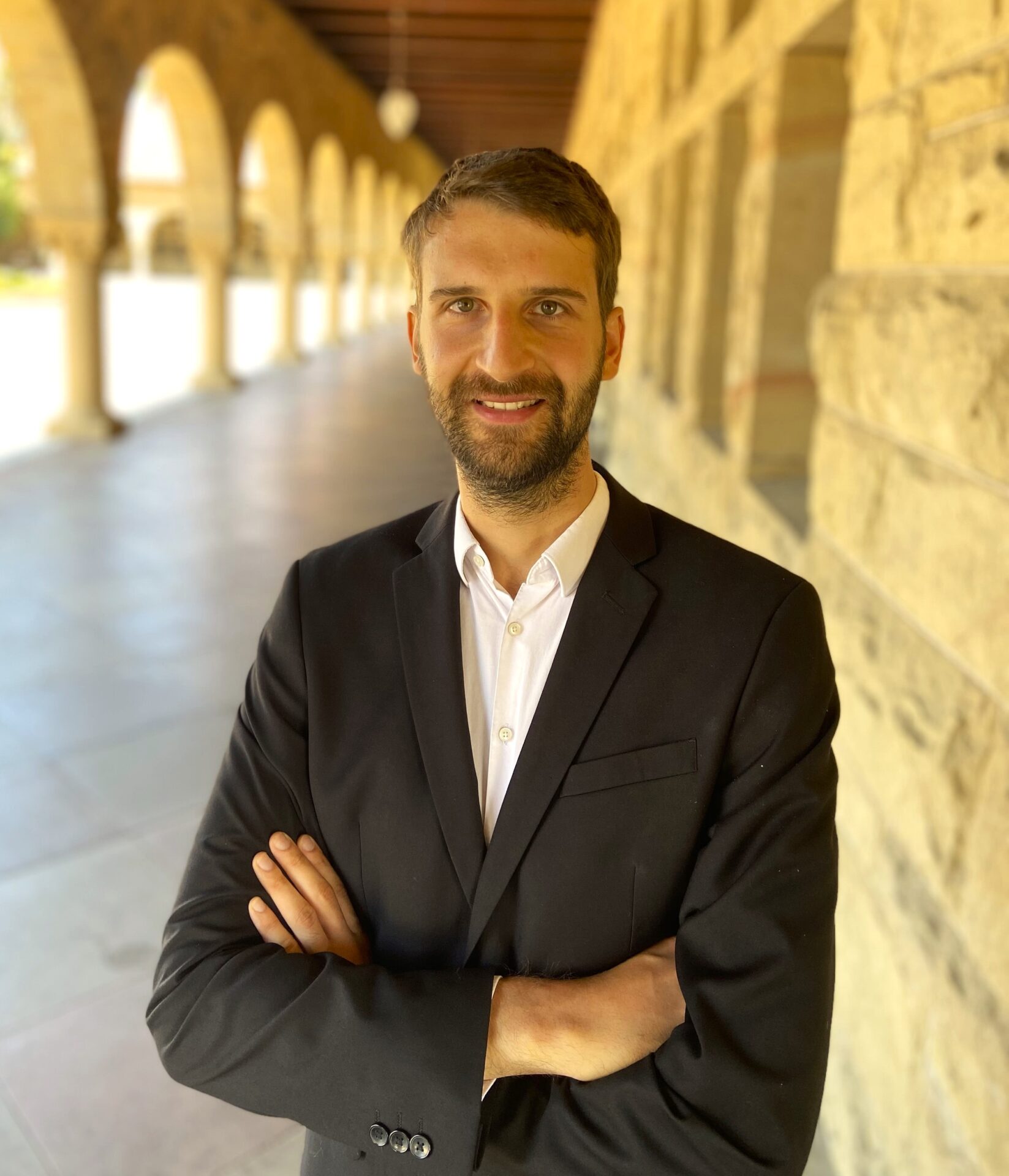Psychology and Public Policy Research Unit (PSYPOL)
Featured story


Dr Nikhil Sengupta, Director
Dr Nikhil Sengupta is a Senior Lecturer in Psychology. He received his PhD from the University of Auckland, working on a ten-year national survey project, the New Zealand Attitudes and Values Study. In 2017, Nikhil was awarded a Marie Skłodowska-Curie Fellowship at the University of Oxford and has since turned his attention to studying social attitudes in the UK. Nikhil won a ERC Starting Grant in 2021 to take this research further by setting up PSYPOL.

Dr Joseph Phillips, Postdoctoral Researcher
Dr Joseph Phillips received his PhD in Political Science from Pennsylvania State University. Joe's research takes a psychological approach to democratic functioning across several countries, focussing on the development of partisan animosity and the consequences of misinformation. Joe is an expert in survey methods, having worked with several largescale surveys including the American National Election Studies and the Mood of the Nation Poll.

Dr Robin Wollast, Postdoctoral Researcher
Dr Robin Wollast earned his PhD from Université libre de Bruxelles in Belgium. He has collaborated on largescale survey projects with highly regarded experts from America, Europe, and Asia. Most recently, Robin won the prestigious Belgian American Educational Foundation Award to conduct research at Stanford University. His research focuses on emotion and mental health, as well as collective action, group polarization, and dehumanization.

Dr Chloe Bracegirdle, Postdoctoral Researcher
Dr Chloe Bracegirdle is a Research Fellow and Postdoctoral Researcher at Nuffield College, University of Oxford. Chloe received her PhD in Psychology from the University of Oxford in 2020, investigating the socialization of intergroup attitudes among adolescents and adults. Chloe is an expert in longitudinal methods, having developed novel ways to model social networks over time.

Ramzi Abou Ismail, PhD Student
Ramzi Abou Ismail started his PhD in 2020, under the supervision of Dr Nikhil Sengupta. Ramzi is broadly interested in the political behaviour of groups in diverse societies, where society is divided based on religious, ethnic, sectarian, and political identities. In his PhD, Ramzi is examining the nature of collective violence and its causes, especially in high-conflict environments with many competing groups. Before coming to Kent, Ramzi worked on developing rural communities and engaged in political campaigning in Lebanon.

Chiara Zazzarino, PhD Student
In her PhD research, Chiara investigates how identity rhetoric in political messages influences people's identities through the lenses of collective narcissism. Chiara is interested also in studying the link between collective nostalgia identity processes, and how these lead to support or opposition to new policies. Overall, Chiara's research interests lie in social and political psychology. They include identity language, political communication, collective nostalgia, and policy support.

Tamino Konur, Research Assistant
Before coming to Kent, Tamino Konur received his MSc in Psychology from Philipps-University Marburg in Germany. For his current MSc Political Psychology, Tamino received a scholarship from the DAAD. Most recently, Tamino was awarded a Research Scholarship from the Division of Human and Social Sciences, to conduct his PhD with PSYPOL starting in September 2023. Tamino´s research focuses on the individual and societal outcomes resulting from people holding complex and conflicting social identities.

Hannah Zibell, Research Associate
Hannah Zibell started her PhD in 2019 under the supervision of Prof Robbie Sutton. Currently, she is a Lecturer in Social and Organisational Psychology at the University of Kent. Hannah’s research focuses on close relationships and sexism, with a focus on cross-sex friendships and friendzone. Her wider research interests include gender, feminism, and misogynistic violence.

Jocelyn Chalmers, Research Associate
Jocelyn is a PhD student in social psychology. Her main interests are in the areas of gender and sexism.